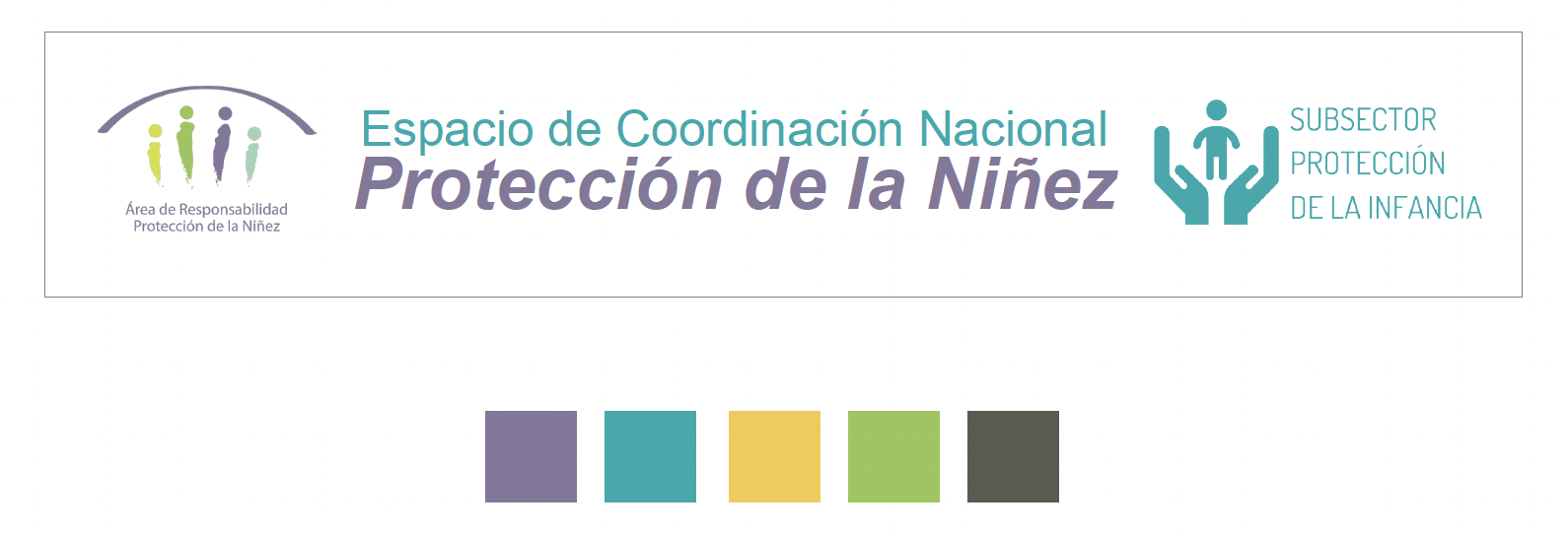Menu
// Colombia
Conflict-related sexual violence (CRSV) was committed by all parties to the decades-long armed conflict in Colombia, including state security forces, members of paramilitary organisations and non-state armed groups. A peace accord formally ended the conflict between the government and Revolutionary Armed Forces of Colombia – People’s Army (FARC-EP) in 2016, but widespread insecurity persists in the context of which CRSV continues to be reported. Over 37,000 victims of CRSV have been registered by the National Victim’s Unit of whom over 2,800 are male and 626 are LGBTI. Men and boys, including from indigenous and Afro-Colombian communities, and people with disabilities, have been the targets of CRSV, both by state security forces as well as at the hands of armed groups as punishment for refusing to join them or for supporting a rival group. Unlawfully recruited children, including boys, have also been subjected to CRSV. Sexual violence has been committed both by state security forces and by armed groups against lesbian, gay, bisexual, transgender and intersex (LGBTI+) people as a form of “corrective violence” or to “cleanse the population”.
The 2016 peace accords established transitional justice mechanisms including a truth commission and a judicial component, the Special Jurisdiction for Peace, both of which have prioritised CRSV committed against women and girls and LGBTI+ people.


A global facility that provides deployable specialised justice experts to assist with investigations of reported war crimes, genocide, crimes against humanity, and serious human rights violations.


Get updates about
All Survivors Project
© All Survivors Project 2022. All rights reserved.